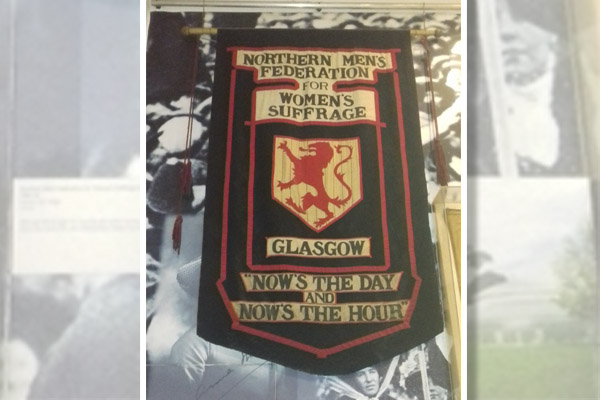How Do You Write Feel-good Fiction?

On the “Friend”, we like to think our fiction has the message of hope ingrained in it.
That seems even more important this year, which has been a testing one for everybody.
COVID-19 has been the headline maker for all the wrong reasons. But with a vaccine now on the horizon, our spirits are lifted for its arrival, and the hope it brings with it.
I covered this in a previous post titled Feel-good Special 2020: Choosing The Stories.
In everyday circumstances, how do you write feel-good stories? If hope and positivity are the objectives, what type of storylines work best?
It might help to think of your story’s theme.
Theme
A story theme is the main topic or idea you want to convey to the reader, and is often a result of the development of characterisation. Some common themes are listed below.
Love – lost and found, or forbidden love such as in “Romeo And Juliet”.
Friendship – how characters’ lives can be affected through good and bad experiences.
Redemption – when a character such as Scrooge in “A Christmas Carol” experiences a positive transformation.
War – how characters deal with adversity, both physical and emotional.
Your characters can face all sorts of obstacles, and they might not even achieve their goals. But with hope present, the reader will be left feeling uplifted.
Challenges Ahead
In the “Friend”, we receive many stories from writers featuring widows dealing with the theme of bereavement.
In such stories, the widow often finds happiness and fulfilment when she does voluntary work in a charity shop. Sadly, this is a well-worn theme in our minds.
Does she have to be a widow – maybe she never married or is a divorcée?
Likewise, voluntary work doesn’t have to solely occur around charity shops. It’s facing your characters with new opportunities and challenges.
Character-based stories are always key to feel-good fiction.
The reader wants to be able to sympathise with your characters’ problems, often relating to the situations they find themselves in. Our guidelines sum it up wonderfully: “Write from the heart as well as the head”.
In finishing, just as no two love stories are the same, let your feel-good message evolve through originality.
For plenty of feel-good fiction, try our Feel-good Fiction Special 2020, on sale now from the DC Thomson Shop!










